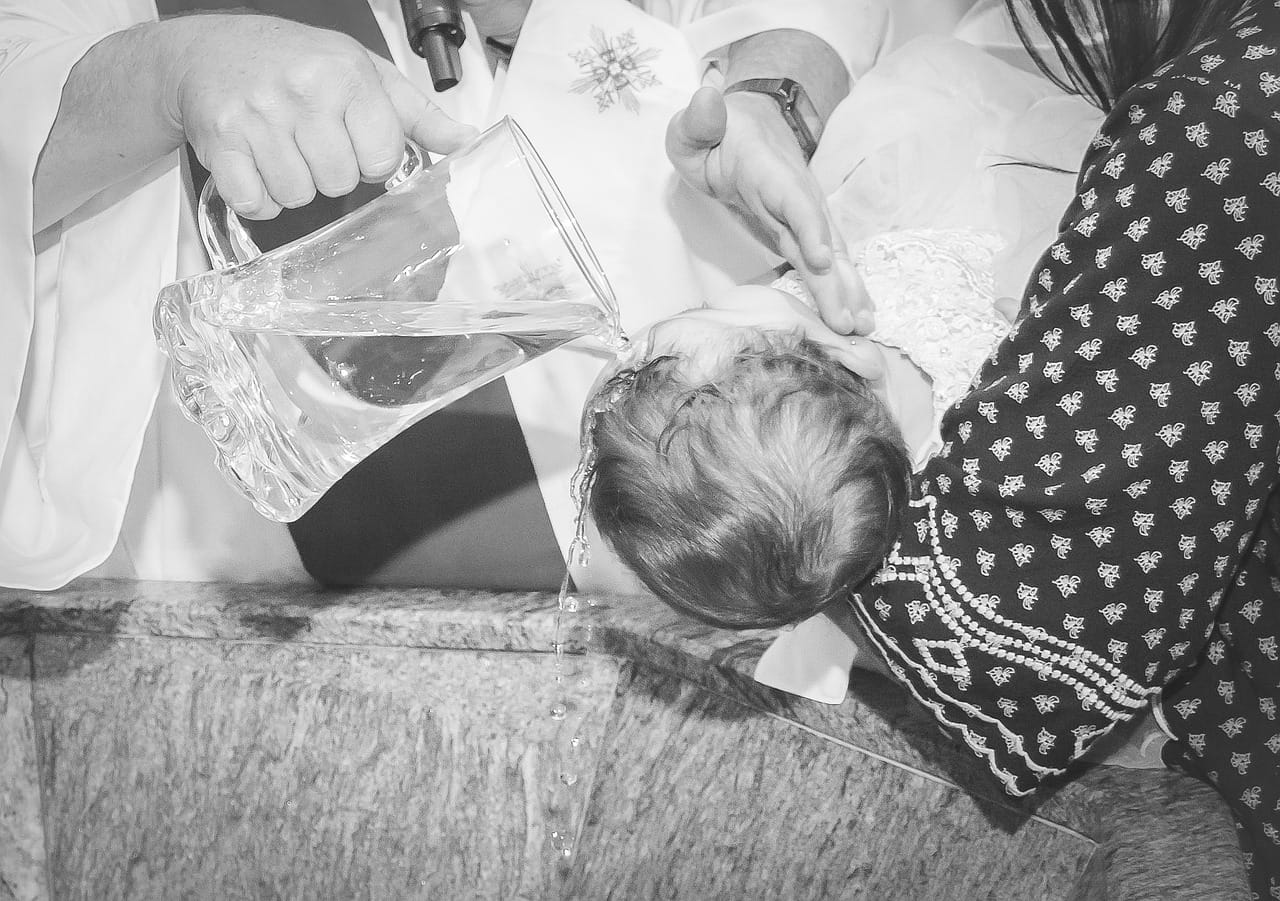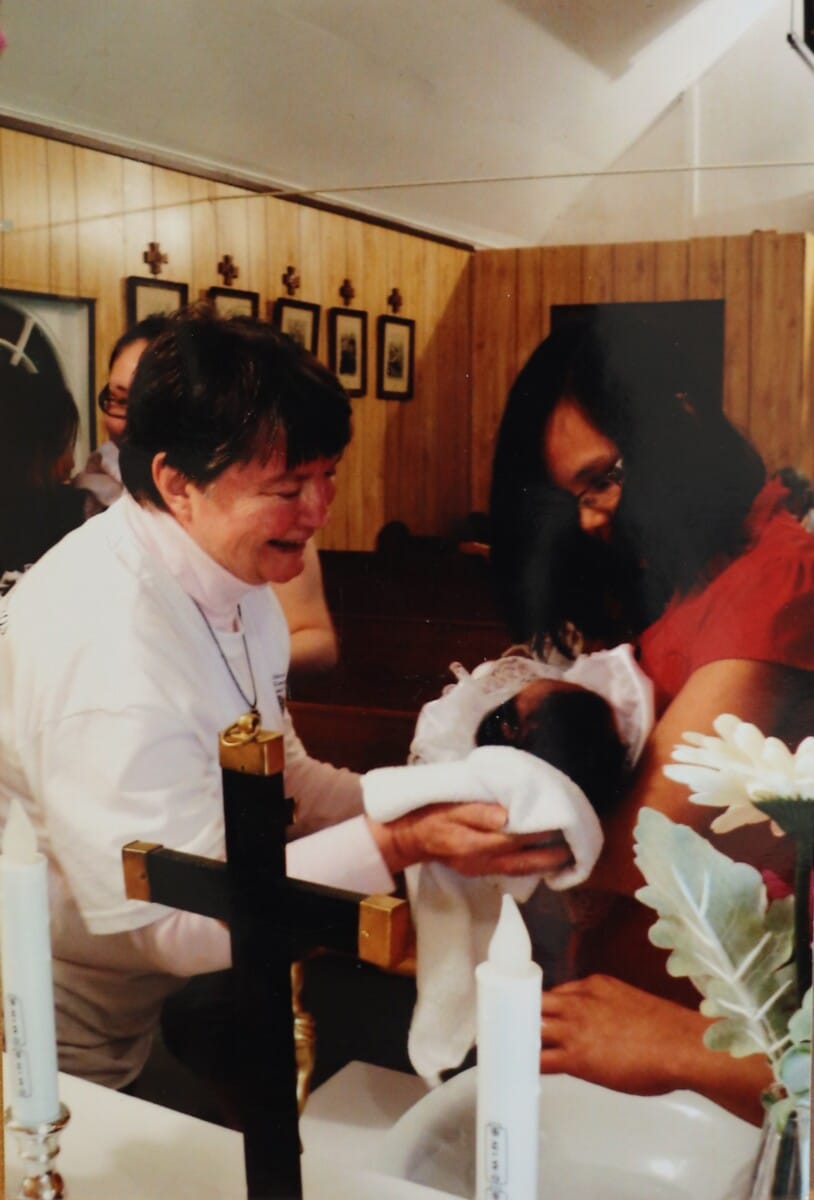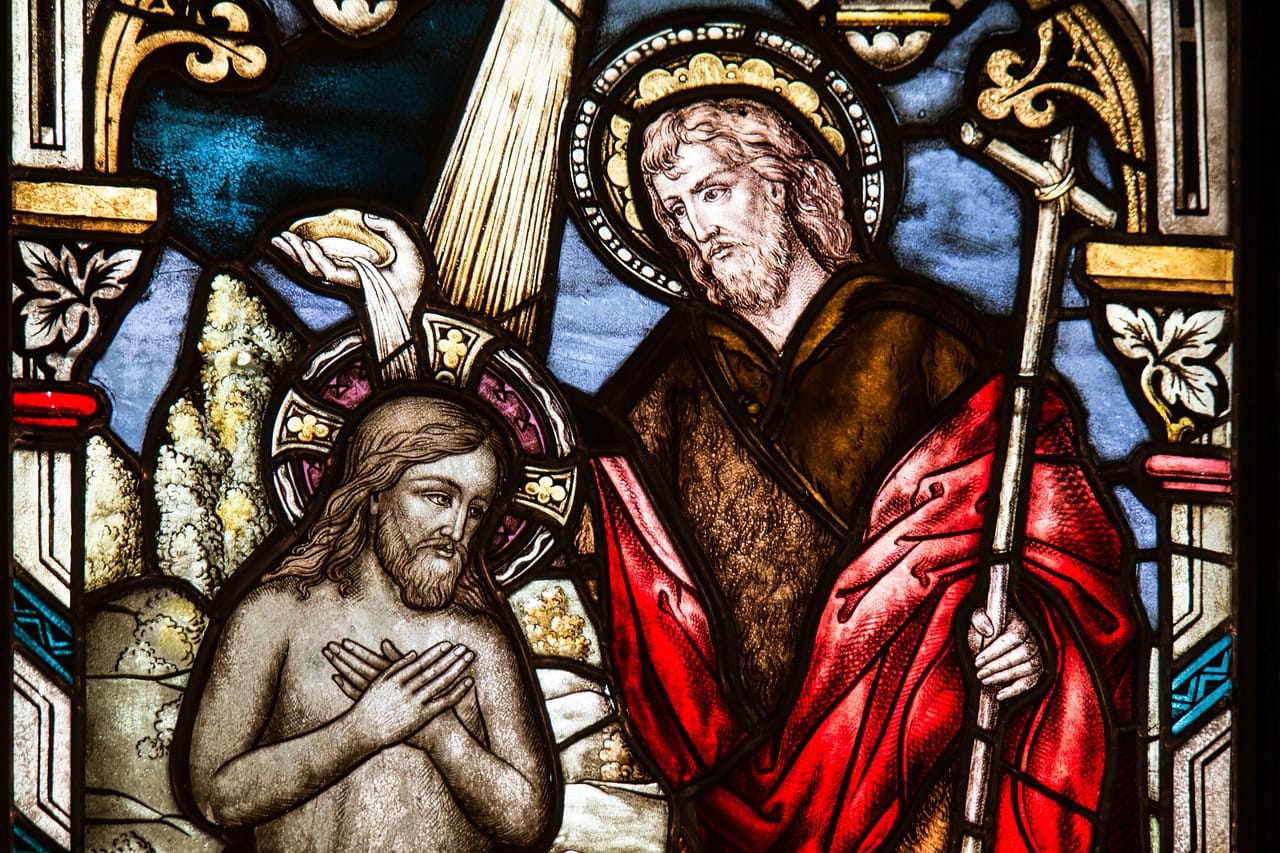
Going through the water
Sacramentum: Remembering our baptism
This article is the first installment of Sacramentum, a new series by the Office of Evangelization and Catechesis, which explores the sacraments of the Catholic Church, exploring the depths of their meaning, history, and above all the impact they have on each of us in our daily faith lives.
The first installment in this series explores the sacrament that initiates us into the journey of Christian life – baptism. It is written by pastoral intern Rudy Jerome Mallannao.
What do you do after a long day’s work to freshen up? If our hands are dirty, what do we usually do? After getting your clothes dirty from work, what do we usually do with them? We wash them in water. Can you imagine a home without water? How would so many of your household activities ever get done? When we thirst, when we are dehydrated – the need for water is what first comes to mind for most. Water is a gift of nature that sustains life, refreshes life, and replenishes life. For us Christians, the significance of water transcends these physical uses. It is a powerful sign and symbol; it is an integral element of our Christian initiation into baptism and into the life of faith.
Just as water is vital to the body, it is also vital to our spiritual life. In the story of the Samaritan woman drawing water from the well, Jesus offers to the woman the living water, with which anyone who drinks from it will no longer thirst. (John 4: 5-30). The living water (who is Jesus) refreshes our souls and cleanses us from our sins. For this inaugural issue of Sacramentum, I would like to take you back to the beginning of our faith journey, to reflect on the true reality of our baptism and the significance of water in our faith.
In the Scriptures we see that water has been used by God throughout human history as a symbol of His power and mercy. Very early on, water became a symbol of life, a symbol of Hope and a symbol of being cleansed and being reborn anew.

Just as water was used to cleanse the world of wickedness in the time of Noah and create it anew, in the sacrament of Baptism, water is also used to cleanse us of the inherent sins of our ancestors and of our own past actions. In this way, we are born anew. By these waters salvation becomes our reality, and we receive the gift of sanctifying grace.
Baptism by water is a public profession of faith. It was a very big deal during the early centuries of Christianity. The early Christians knew that there were serious consequences in being publicly baptized. It may cost them their jobs and titles. If they were Jews they would automatically be excommunicated from the synagogue. Or, if worse comes to worst, a person could be hunted down and executed just as the Pharisees sought to do to Jesus himself.
This act of baptism by water meant you were embracing a permanent and immensely consequential new direction in your life. It was a profession of faith in that it meant you would be denying Caesar as your king and lord, giving up your previous Jewish or ancestral traditions and teachings, all just to be part of the new “Jesus movement” of early Christianity. To go through these waters meant leaving the old self behind and to look forward to a new self, a New Life in Christ. Thus, this water also symbolizes “a movement of Change – Death and Rebirth.” It symbolizes letting our old life (of sin, anger, doubts, etc.) be submerged and purified by the water and eventually rise up to live a New Christian Life (Romans 6: 3-4).
For us today, in this new year of faith 2023, how does this all relate to us? For us, as 21st century Catholics, baptism may be seen by some as a mere formality, a necessary requirement that prepares us for the other sacraments. But it is so much more. It goes way deeper than that. Baptism is the starting point of an encounter with Christ, the living water.

That is why in this new year, as Christians, we must go back and rekindle the meaning of our baptism. This is not a mere ceremony which belongs to the Christian religion. Being baptized means professing our faith to God and the teachings of the Catholic Church and to stand by them. We need to be a moral compass to the least, the lost and the last, and to be able to speak out against a world that leans towards malevolence and chaos. Our baptism, like all sacraments, is there to strengthen us in this lifelong calling and lifelong commitment.
We often hear the phrase ‘water is life’, and we receive new life in Christ through the cleansing power of the baptism he calls us to. As the starting point of salvation, baptism is a challenge given to us to be different in the world. We are each of us called to live out, in the truest and fullest sense, our baptismal promises that were uttered for us (for those baptized as infants) and what we gave assent to during our Confirmation: to do what is good, to avoid what is evil, and to know who Jesus is for us and His impact in our lives, and to live by His example.
As baptized Christians, we must be living testaments of what it means to go through the water – to set our hearts and minds on Christ and believe, plunging ourselves in the waters of faith, so that we may resurface each day and continue our new life as true and faithful Christians.
Water is not only an integral part of our physical life, it is essential to our spiritual life. So, every time we go to Church let us not forget to go to the holy water font and make the sign of the cross – a reminder of our own baptism and of the essential cleansing power water has on our spiritual life. It is also good to keep holy water in our homes, in our cars and on our persons. In our daily struggles in life, in these moments of dehydration of spirit, of if we are experiencing trials and temptations, remember to always seek Jesus – the living water that cleanses and refreshes our souls. Let yourselves be immersed in Christ the Living Water, the living spring of life!
Stay tuned for future editions of Sacramentum! Learn more about the Office of Evangelization and Catechesis here.